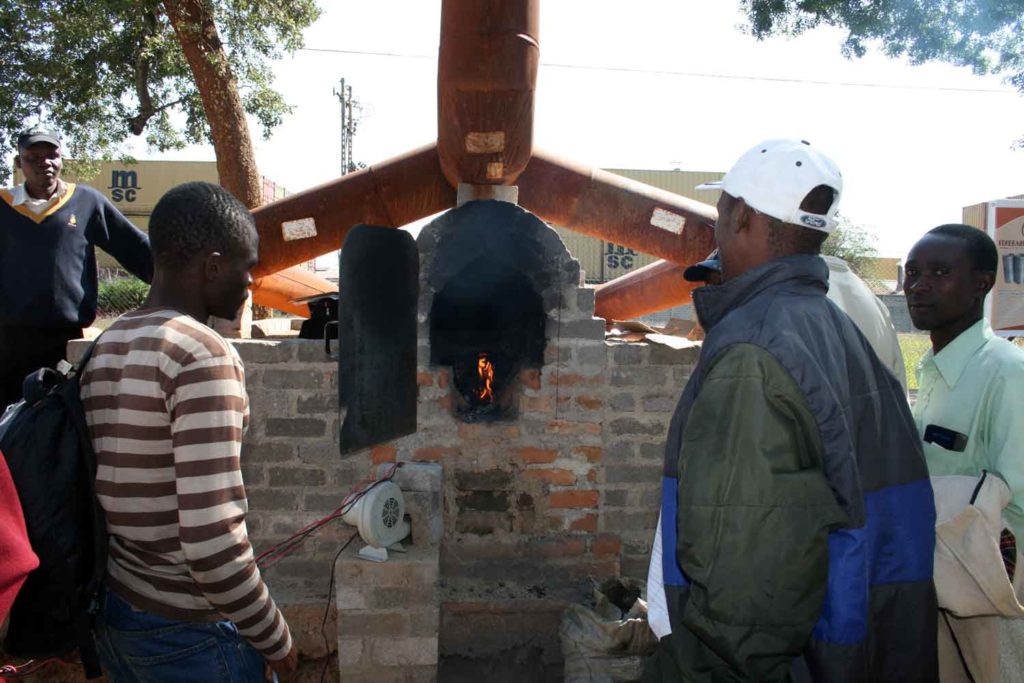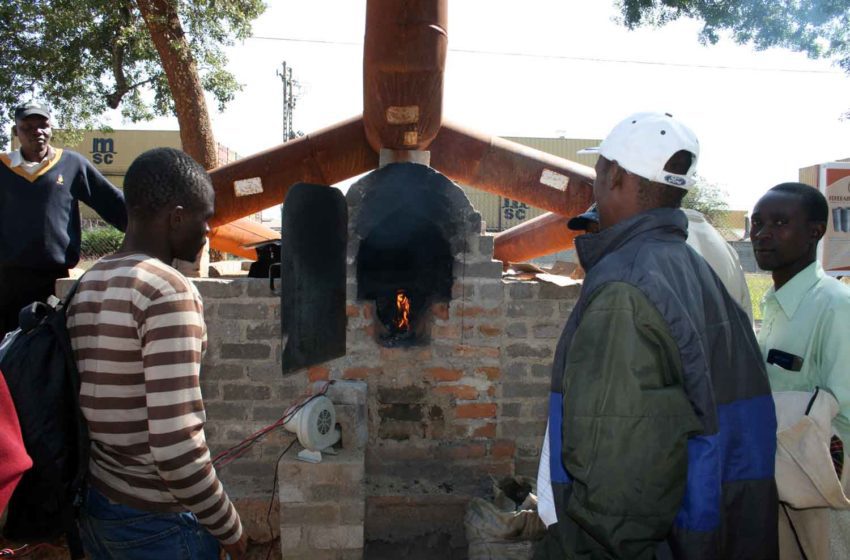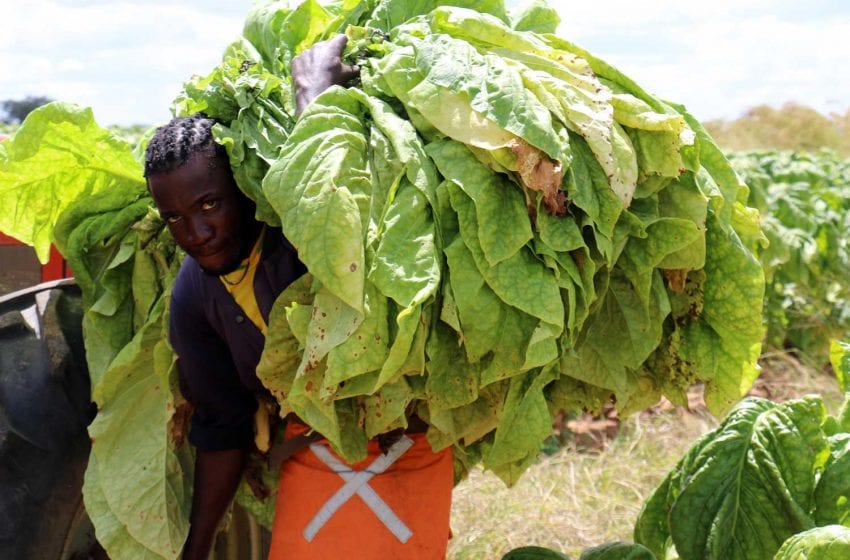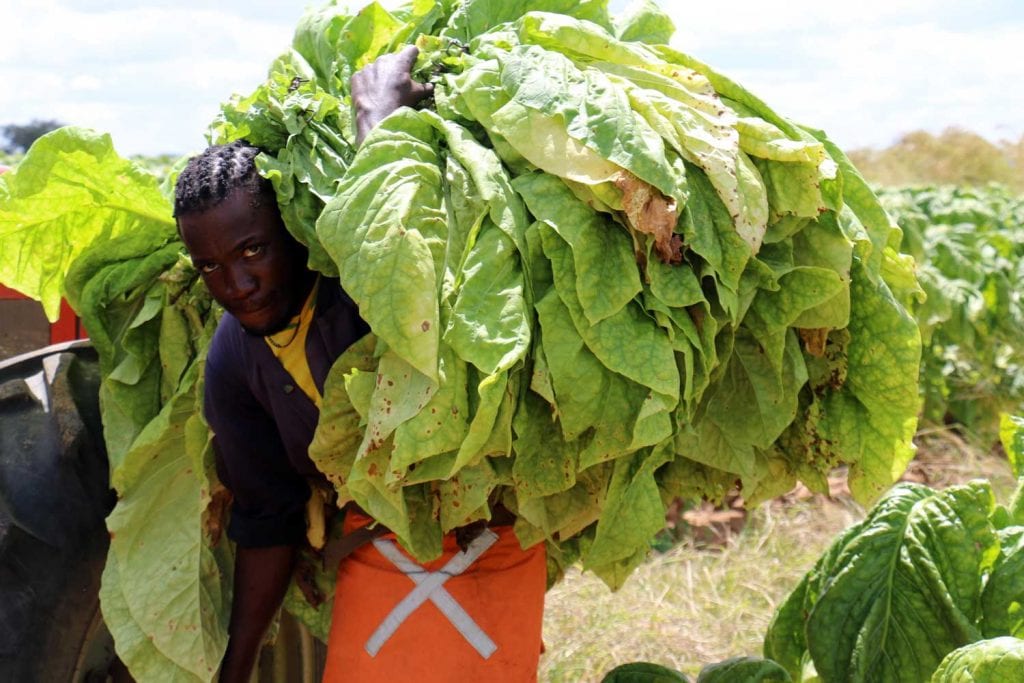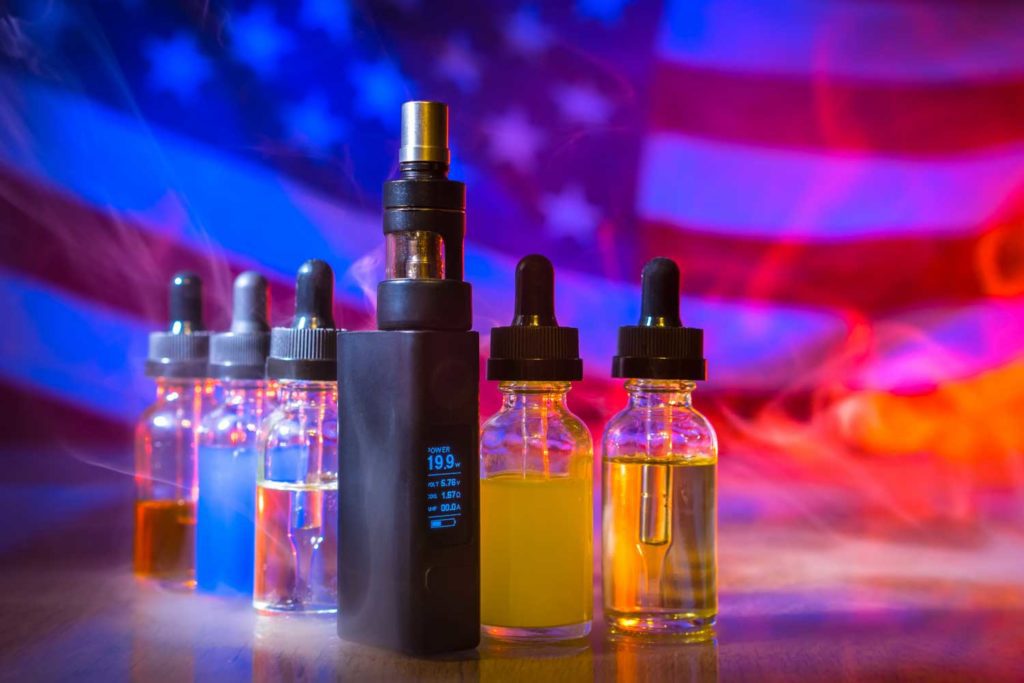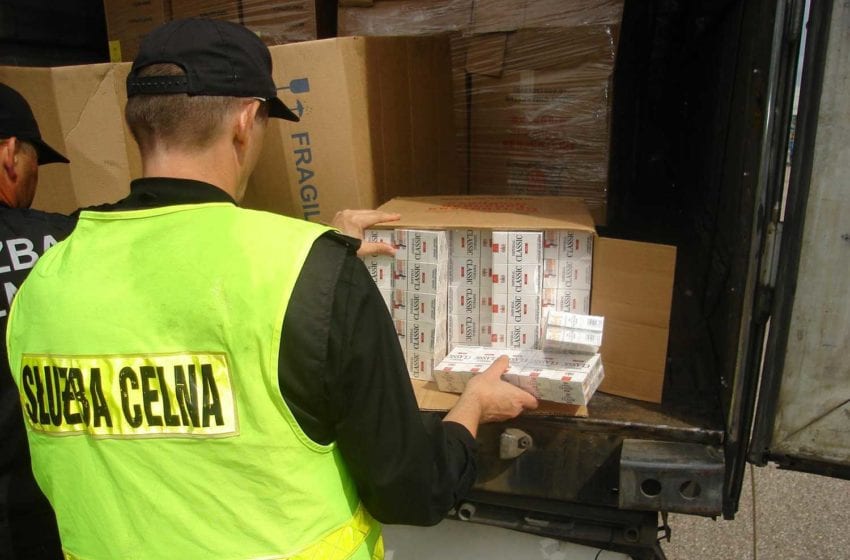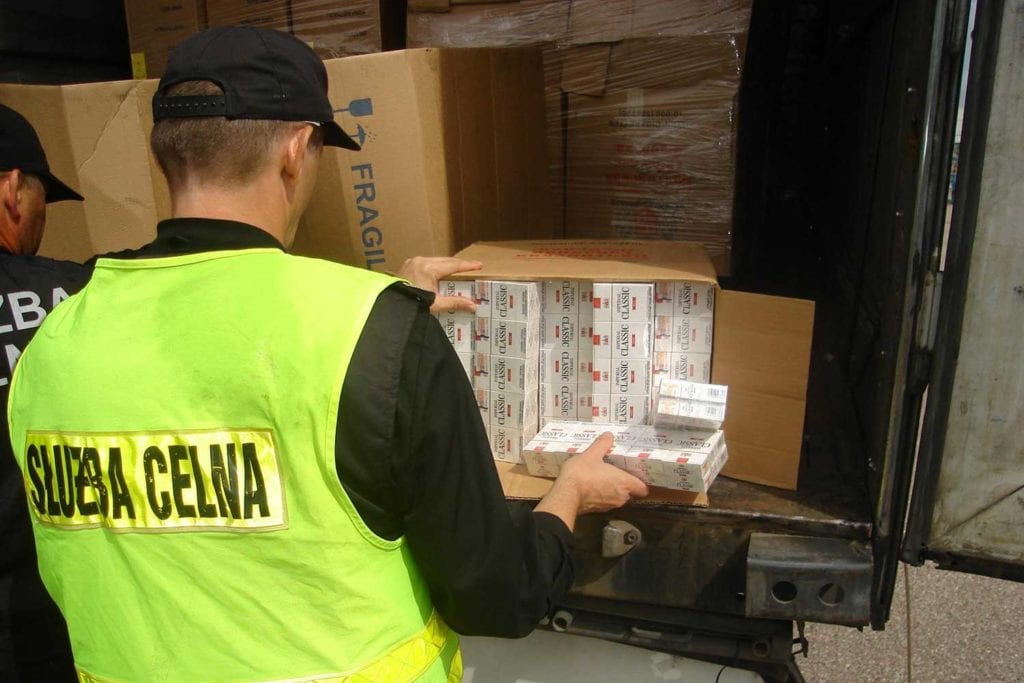The U.S. vaping industry is about to change fundamentally. By tomorrow, Sept. 9, the U.S. Food and Drug Administration must decide whether millions of electronic nicotine-delivery systems are “appropriate for the protection of public health.” Products that don’t meet its standard will have to come off the market or risk enforcement by the agency.
To date, vapor companies have operated without many of the restrictions on sales and marketing governing traditional cigarettes. But the FDA has come under increasing pressure from politicians and public health groups in recent years to limit the sale of vapes, largely over concerns about the products’ popularity with teenagers. E-cigarette companies argue that flavored vapes can help smokers switch to less damaging nicotine products.
Due to the cost and the complexity of submitting a premarket tobacco product application, industry observers expect only a handful of applications, submitted by the wealthiest companies, to survive the vetting process. Many vaping products are produced by smaller companies that lack the resources to thoroughly answer the FDA’s scientific questions about safety, according to Ken Warner, a professor emeritus of public health and tobacco control at the University of Michigan. “Large companies such as Juul only sell a handful of types of e-cigarettes but have the financial resources to stack their applications to make them more likely to be cleared by the agency,” he told Politico.
The FDA, which has said it will likely miss the Sept. 9 deadline for some applications, is prioritizing its review queue based on applicants’ market share. Juul Labs alone controls over 40 percent of the e-cigarette market.
The agency has already rejected a significant share of the estimated 6.5 million applications it received from more than 500 companies. On Aug. 9, the agency issued a “refuse to file” letter to JD Nova Group, notifying the company that the applications it submitted for approximately 4.5 million of its products do not meet the filing requirements for a new tobacco product seeking a marketing order.
In a statement, the FDA said the company’s applications for these products lacked an adequate environmental assessment. Under the FDA’s regulations implementing the National Environmental Policy Act, an environmental assessment must be prepared for each proposed authorization.
On Aug. 26, the agency issued marketing denial orders (MDOs) for about 55,000 flavored ENDS products from JD Nova Group, Great American Vapes and Vapor Salon. In a news release, the FDA explained that the applications from the three applicants lacked sufficient evidence that they have a benefit to adult smokers sufficient to overcome the public health threat posed by the levels of youth use of such products.
According to Filter, the FDA on Aug. 31 denied an additional 800 flavored vaping products due to incomplete applications. The companies had reportedly planned to submit additional information after the Sept. 9, 2020, deadline. The FDA did not make a separate announcement of these denials on its website.
